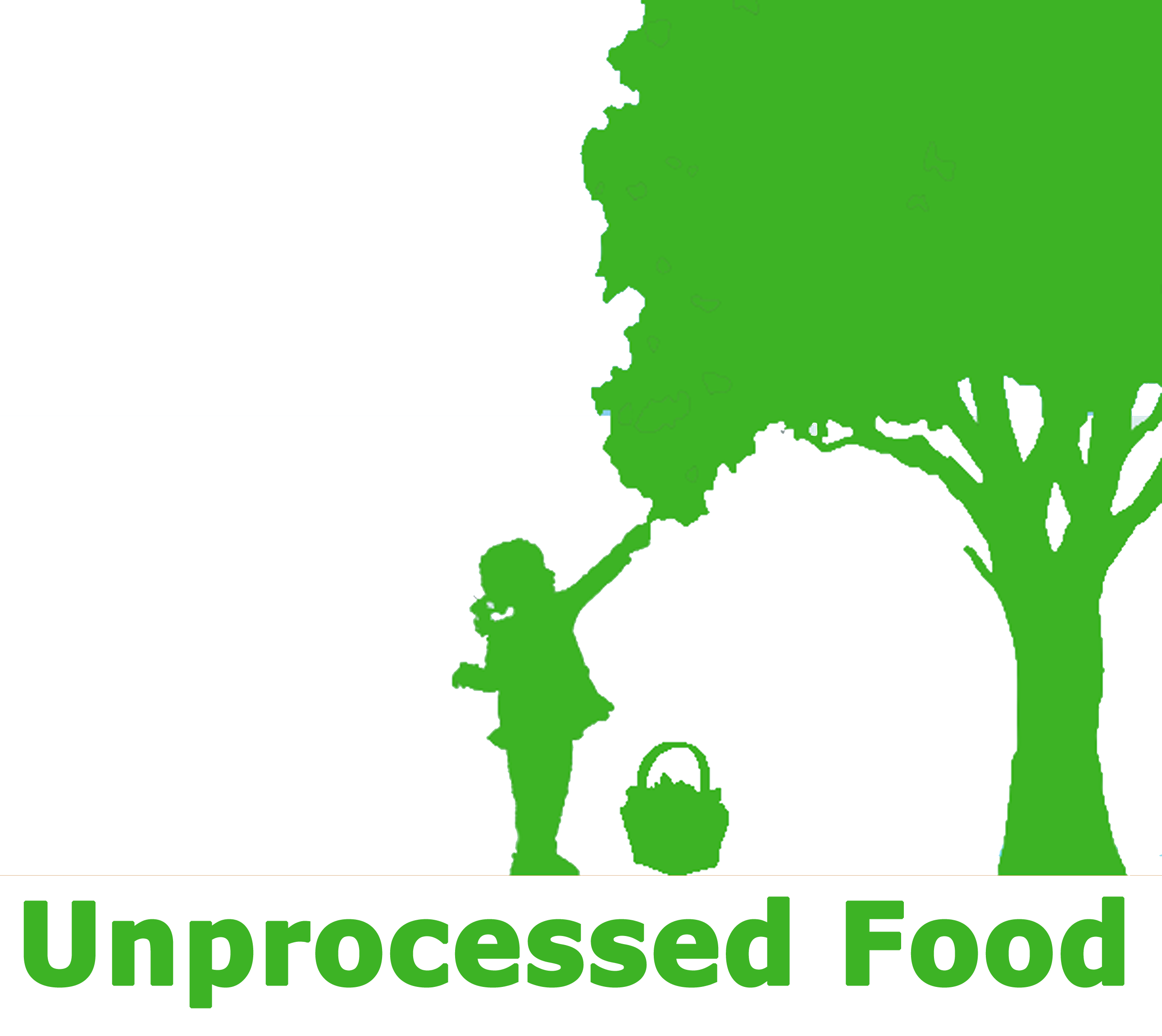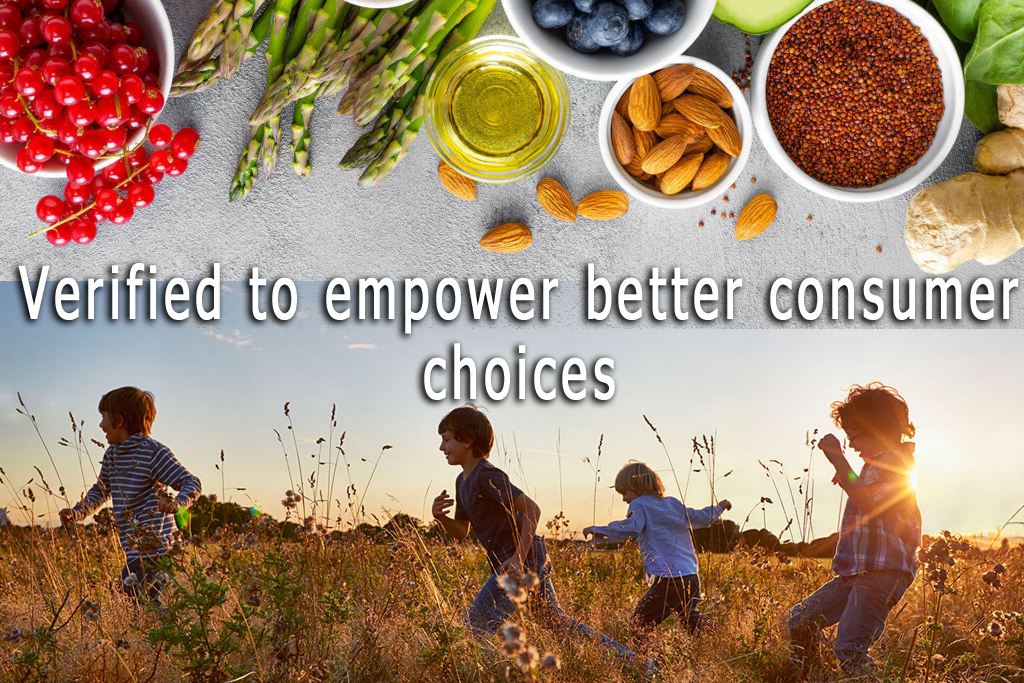What Is Food Verification?
Our Food Production Verification Service is designed to bring transparency, trust, and traceability to your supply chain. We verify each step of your production process — from sourcing raw ingredients to final packaging — ensuring that your product meets specific quality, safety, and ethical standards.
Whether you're producing minimally processed foods, clean-label products, or ethically sourced ingredients, our verification process helps your brand stand out by providing third-party credibility and consumer confidence.

What We Verify
Ingredient origin and traceability, Absence of artificial additives or processing agents, Sustainable and ethical sourcing practices, Compliance with clean food production standards, Proper labeling and transparency in marketing claims.
Non-Ultra Processed
Our Non-Ultra Processed Food Verification certifies that your product is free from excessive industrial processing, synthetic additives, and cosmetic enhancements common in ultra-processed foods. We ensure that ingredients remain close to their natural state, supporting healthier choices and greater transparency for today’s conscious consumers.
✅ 1. Non-Ultra Processed
Definition: Products made by combining whole or minimally processed foods with culinary ingredients, without artificial additives or extensive industrial formulations.
Examples: Jarred tomatoes, canned beans, sourdough bread, yogurt with no flavorings, vacuum-packed vegetables.
Certification Label: Non-Ultra Processed
Non-Processed
Our Non-Processed Food Verification ensures that products are made without industrial processing, artificial additives, or synthetic ingredients. We verify that each product maintains the natural integrity of its ingredients, offering consumers clean, honest food they can trust.
✅ 2. Non-Processed Foods
Definition: Natural foods that have not been altered beyond basic steps like cleaning, drying, grinding, freezing, or fermenting.
Examples: Fresh fruits, vegetables, raw nuts, eggs, grains, milk, coffee beans, dried herbs.
Certification Label: Non-Processed Food
Naturally Derived Ingredient
Ingredients extracted from natural sources using minimal processing methods like pressing, fermenting, or drying. Free from synthetic chemicals, these components retain their original properties and are commonly used in traditional or home-style cooking.
✅ 3. Processed Culinary Ingredients
- Definition: Substances extracted from whole foods or nature and used in home cooking — usually through basic processes like pressing, refining, or milling.
- Examples: Cold-pressed oils, raw sugar, sea salt, vinegar, flour, natural sweeteners like agave or honey.
- Certification Label: Naturally Derived Ingredient (or optional sub-label)
Unprocessedfood.org Verification Database
With the Unprocessed Food Org database, you can verify the authenticity of a certification in real time — simply enter the product’s U.F.O. identification number or scan the QR code on the packaging for instant access to traceability and verification details.
Check NowBecome U.F.O. Verified

Systematic Review Links Ultra-Processed Food Consumption to Adverse Health Outcomes
A comprehensive review analyzed multiple studies and found that higher consumption of ultra-processed foods is associated with increased risks of cardiovascular diseases, type 2 diabetes, and mortality.The review emphasizes the importance of reducing ultra-processed food intake and suggests public health measures to promote diets rich in unprocessed or minimally processed foods.

Traditional African Diet Reduces Inflammation and Chronic Disease Risk
A study conducted in northern Tanzania found that participants who adopted a traditional African diet rich in vegetables, legumes, ancient grains, and fermented foods experienced significant reductions in inflammatory markers and improved metabolic health.These findings suggest that such diets may rival the Mediterranean diet in promoting health and reducing the risk of chronic diseases.

Anthocyanin-Rich Fruits and Vegetables May Protect Against Microplastics
Research indicates that consuming fruits and vegetables high in anthocyanins—natural pigments with antioxidant and anti-inflammatory properties—may help protect the body from the harmful effects of microplastics.Foods such as blueberries, blackberries, red cabbage, and purple corn were highlighted for their potential to neutralize oxidative stress and reduce inflammation caused by microplastic exposure.
Trusted By








